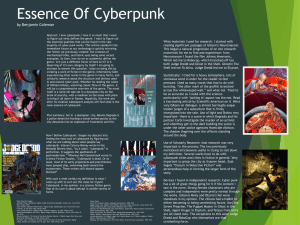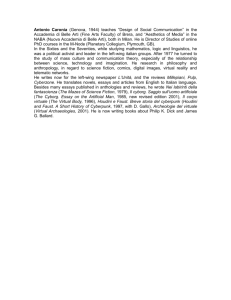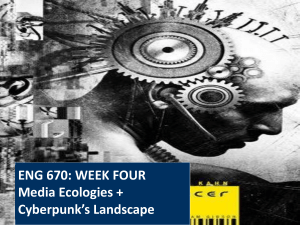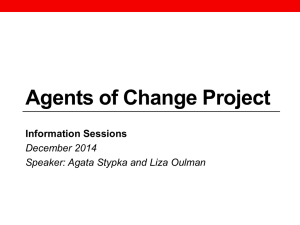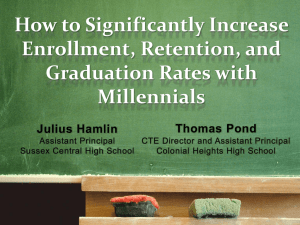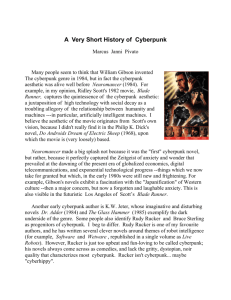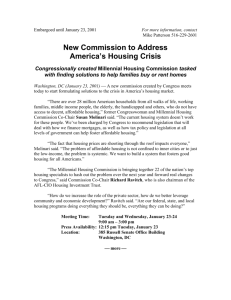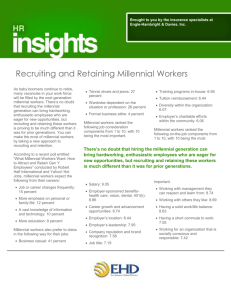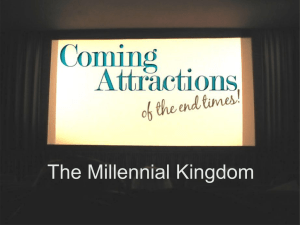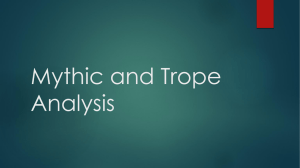Call for papers
advertisement
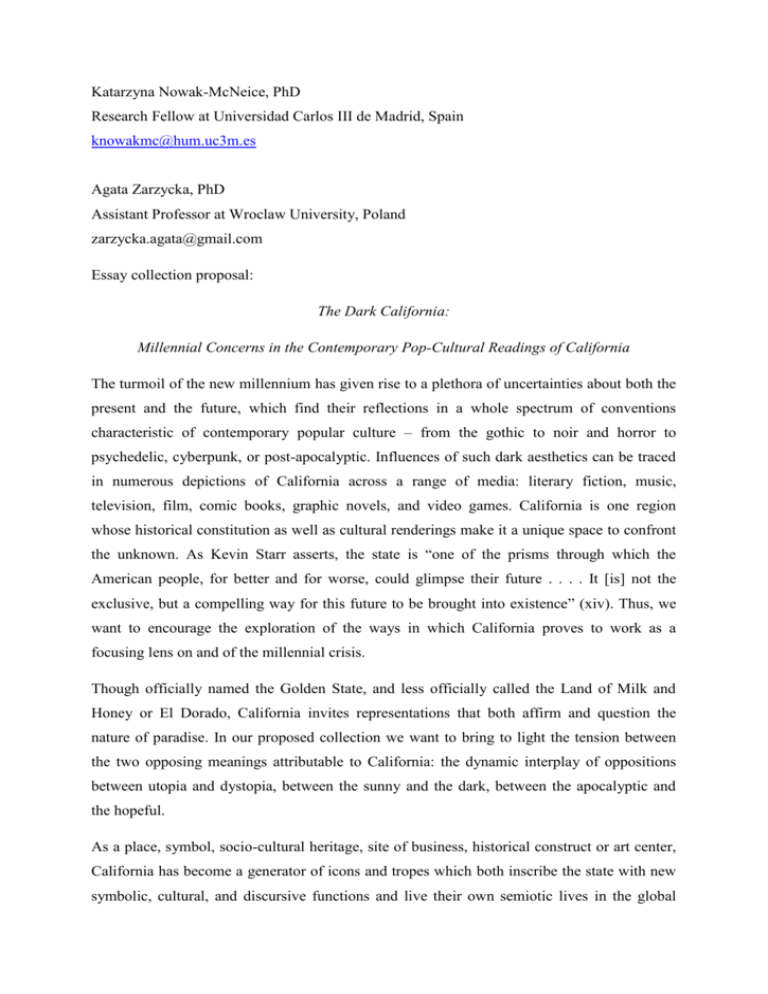
Katarzyna Nowak-McNeice, PhD Research Fellow at Universidad Carlos III de Madrid, Spain knowakmc@hum.uc3m.es Agata Zarzycka, PhD Assistant Professor at Wroclaw University, Poland zarzycka.agata@gmail.com Essay collection proposal: The Dark California: Millennial Concerns in the Contemporary Pop-Cultural Readings of California The turmoil of the new millennium has given rise to a plethora of uncertainties about both the present and the future, which find their reflections in a whole spectrum of conventions characteristic of contemporary popular culture – from the gothic to noir and horror to psychedelic, cyberpunk, or post-apocalyptic. Influences of such dark aesthetics can be traced in numerous depictions of California across a range of media: literary fiction, music, television, film, comic books, graphic novels, and video games. California is one region whose historical constitution as well as cultural renderings make it a unique space to confront the unknown. As Kevin Starr asserts, the state is “one of the prisms through which the American people, for better and for worse, could glimpse their future . . . . It [is] not the exclusive, but a compelling way for this future to be brought into existence” (xiv). Thus, we want to encourage the exploration of the ways in which California proves to work as a focusing lens on and of the millennial crisis. Though officially named the Golden State, and less officially called the Land of Milk and Honey or El Dorado, California invites representations that both affirm and question the nature of paradise. In our proposed collection we want to bring to light the tension between the two opposing meanings attributable to California: the dynamic interplay of oppositions between utopia and dystopia, between the sunny and the dark, between the apocalyptic and the hopeful. As a place, symbol, socio-cultural heritage, site of business, historical construct or art center, California has become a generator of icons and tropes which both inscribe the state with new symbolic, cultural, and discursive functions and live their own semiotic lives in the global repository of cultural signs. This circularity of cultural production, itself a millennial trope, is visible in the radical consumerism in the Californication TV series; in Francesca Lia Block’s confrontations with the fairy-tale aura of Los Angeles and Hollywood; or in the disturbing visualizations of a violent future in Cyberpunk 2020. We encourage submissions which are focused on the exchanges between California and the dark underbelly of popular culture, and which explore the emergent, dark dimensions of the actual region’s cultural identity or reconsider particular motifs in their Californian context. We invite contributions from scholars interested in further examinations of darkness undercutting the California dream and its representations in popular culture: darkness understood as a literary theme, a semantic trope, and a critical tool to understand California’s complexities. We welcome submissions from the fields of literary studies and criticism, philosophy, urban studies, gender studies, border studies, media studies, and cultural studies. The four tentative axes structuring the thematic spectrum of the collection that we picture for the time being are: 1) Utopian/Dystopian renderings of California as a historical entity; destination for immigrants; the site of consumerism and celebrity culture; realm of individualism; the ethnographic/anthropological setting/object; a cradle of urban cultures and social stratifications (with possible examples including but not limited to Californication, Crash, Francesca Lia Block’s Weetzie Bat books, Ursula K. Le Guin’s Always Coming Home) 2) Apocalyptic/Post-Apocalyptic discourses applied to California as both a spatial and temporal end of the world (cyberpunk classics, Escape from L. A., World Invasion: Battle Los Angeles) 3) Gothic/Post-Gothic and similar excessive aesthetic modes applied to Californian settings, cultural heritage and California as a simulacrum (L.A. Noir, Ted Naifeh’s Courtney Crumrin comics, Neil Gaiman and Mike Carey’s Lucifer) 4) Marginal/Liminal depictions of California as a construct either reinforcing or challenging the polarity of the central and the peripheral, in terms of cultural relations with Europe and in the global, postmodern context; subcultural movements; or the global network of convergence culture (Strange Days, The Million Dollar Hotel, Grand Theft Auto series, California doubling, California in AMV and fan videos). We are particularly, although not exclusively, interested in contributions which address, extrapolate, and comment on the Golden State’s historical and present problems and anxieties: ethnic and racial tensions, the energy and water crises, ecological degradation, and uneven development. Prospective articles should be between 4,000 and 4,500 thousand words. The deadline for the proposals of 300-400 words is November 15, 2015; the deadline for the complete essays is March 15, 2016. The prospective collaborators will be notified of the receipt of their proposals immediately; the decision about the inclusion of the essay will be made no later than November 30, 2015. Please send your proposal and a short CV to: Dr. Katarzyna Nowak-McNeice and Dr. Agata Zarzycka at dark.california@gmail.com. We also welcome any questions you may have as well as early expressions of interest.
